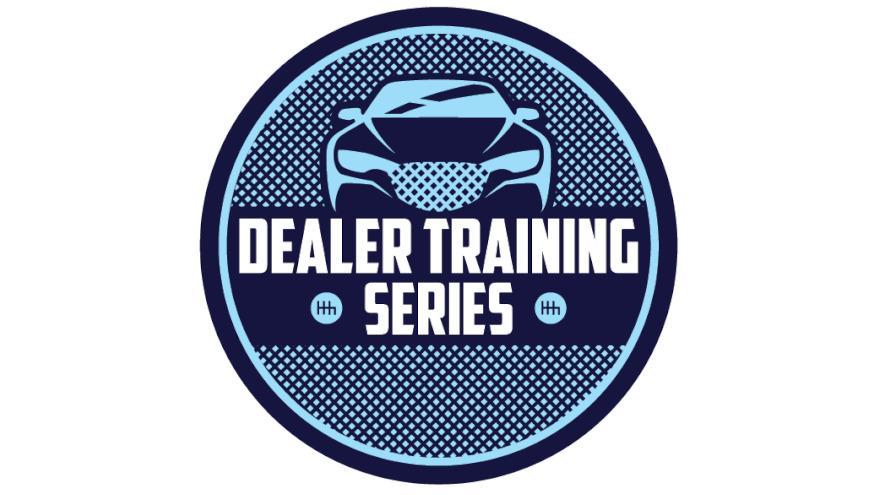COMMENTARY: Master partnership performance in 78 places with a scientific approach

By subscribing, you agree to receive communications from Auto Remarketing and our partners in accordance with our Privacy Policy. We may share your information with select partners and sponsors who may contact you about their products and services. You may unsubscribe at any time.
78. Seventy-eight.
No, this is not the year I think you were born. It’s the number of vendor partners the average dealership uses to support their business operations.
With this vast number of outside companies supporting a dealership enterprise, keeping up with the nuances of the services these 78 companies off you is a daunting task.
One would then assume there would be a clearly defined process for choosing, beginning and maintaining expectations for these companies’ contributions to your business. But we rarely see this. Even when there is a process, it is rarely universally known or followed.
We have seen this for decades and have seen terrific people never reap the rewards of their time, energy or investment. So where can the progressive-minded dealer or GM begin?
In an industry experiencing rapid change, a path to create processes to quickly safeguard against unnecessary spend and ensure maximum ROI is achieved. For today’s article, we will only focus on “your” side of the partner equation.
Subscribe to Auto Remarketing to stay informed and stay ahead.
By subscribing, you agree to receive communications from Auto Remarketing and our partners in accordance with our Privacy Policy. We may share your information with select partners and sponsors who may contact you about their products and services. You may unsubscribe at any time.
There are two main categories, Revenue and Non-Revenue, in what we call Partnership Portfolios. “Rev” would include solutions you purchase to streamline, solve or sell. “Non-Rev” would be items including Building and Grounds Maintenance et al.
Focusing today on “Rev Partners,” here is a plan to help you get started. This group alone may have 15-30 companies in it.
1. Revenue partner dashboard.
It starts with the data in a current and active worksheet or dashboard comprised of all of your current Rev partners. Include who signed up for each, monthly cost and who is in charge of using each tool.
2. Partnership committee established.
This group’s first meeting will primarily consist of becoming familiar with the data included on your Rev Partner Dashboard and learning about the top 5-10 by monthly spend.
3. Take a scientific approach.
Argue why each solution purchased is not a good idea and measure your results with this in mind. Look not at what you accomplished, but what you didn’t. Measure how much each item costs, the projected ROI, then measure this against similar products with similar or differing results. By assuming you made a bad decision, you see more clearly if a solution being discussed is or is not a real need for your business today.
What percentage of your total spend is each item? If you are like most, you will be surprised, shocked even, at what you see when it is all laid out on one document.
4. Design and agree to a partnership process.
While we don’t have space here to go into detail, here are important highlights to include:
- No agreements signed on one call.
- All new contracts go before the partnership committee for review with key stakeholders bringing detail to the group.
- Define what this new product or solution promises to offer and determine recent results with similar solutions.
- What went right/wrong?
- How long did training and implementation require?
- Is it performing to early expectations?
- What part of your total ‘Rev Partner’ spend will this require, or will you need added resources?
- How many hours per month will this save your team (in dollars, also), how many sales and at what amount? And so on.
- Who will be in charge, not merely to sign the contract, but to ensure all training, implementation and ongoing expectations are in place and measured for effectiveness?
This is the primary fatal flaw in most Rev Partner relationships. Failure to execute.
When you take the position that is your responsibility to derive full value from the people you choose to purchase solutions, software and services from, you change the narrative. You are now have full visibility to your data, a defined process to obtain and retain partners and most important you have the peace of mind you are making decisions you and your company can be proud of as you look at your results.
There is power in your partnerships. Always remember, to have a great partner, you must first commit to being a great partner. You have 78 partners to dive into before you add another. I hope this information helps you feel more in control of your business.
Laurie Foster is founding partner of Foster Strategies
Editor's Note: Following the success of “Dealer Training Day” at our Used Car Week and Auto Remarketing Canada conferences, Cherokee Media Group is launching an online “Dealer Training Series” beginning in May. The once-a-month series will kick off with a training session from Alan Dickie on May 11. Foster will host a session on June 13.
For more information, visit dealertraining.autoremarketing.com.


